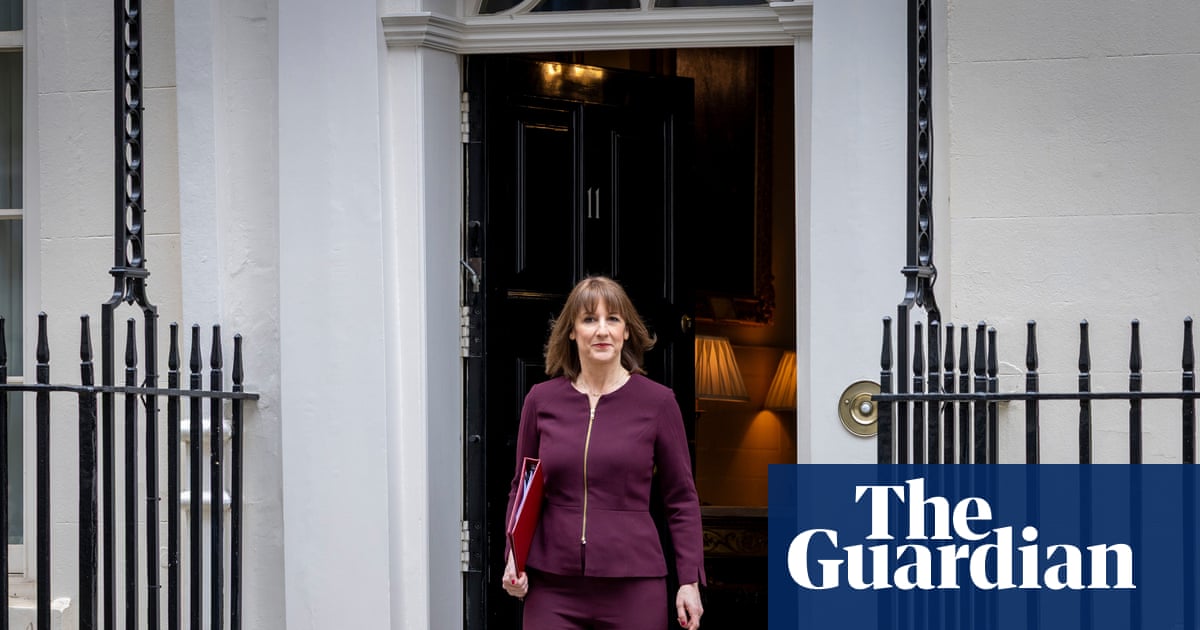Dozens of Labour MPs have written to ministers warning that upcoming regulations on how to implement rules on gender recognition could cause chaos for many businesses.
In a private letter to the business secretary, Peter Kyle, the MPs said they had been contacted by large numbers of firms that were deeply alarmed at the implications of the guidance, citing significant potential costs and a “minefield” of competing legal rights.
Ministers are still considering the final guidance, drafted by the Equality and Human Rights Commission (EHRC), so it is not yet public. Sources in the watchdog, however, have briefed that it is broadly similar to interim advice issued shortly after April’s landmark supreme court ruling that sex in the Equality Act refers only to biological sex.
The interim advice, which was withdrawn last week, said the supreme court ruling meant transgender people should not be allowed to use toilets meant for the gender they live as, and that in some cases they could not use toilets consistent with their birth sex.
Transgender groups and some MPs expressed alarm at the advice, saying it would in effect exclude trans people from much of the public realm. The Council of Europe’s commissioner for human rights subsequently wrote to UK MPs cautioning against the possible “widespread exclusion of trans people”.
The letter to Kyle, signed by nearly 50 Labour backbenchers and seen by the Guardian, said businesses around the country had expressed “concern about the potential impact on service delivery and cost implications of the code of practice if it mirrors the approach set out in the EHRC’s draft code”, and that the business community did not think the EHRC had taken these worries seriously.
One particular concern, the letter said, was the “legal and compliance minefield” facing businesses if the EHCR guidance were to mean it was up to them to balance the rights of transgender people and the need to ensure women-only spaces under the terms of the supreme court ruling.
“Businesses have told us that while, up until now, they have been used to resolving issues quickly and quietly, in line with corporate codes of conduct about values of tolerance and respect, and with a commonsense approach, they believe that, if the draft code becomes an official code of practice, they will find disputes frequently escalating into expensive court action,” the MPs wrote.
Businesses were also concerned, the letter said, about the potential need to create new gender-neutral toilets and changing facilities, with one retailer saying doing this for its 200 stores would cost about £1.2m.
It said there were also alarm about how staff would be expected to apply the new guidance, particularly the prospect of being forced to ask people to identify their gender, or say whether they were transgender, before they used single-sex facilities.
“We do not believe the Equality and Human Rights Commission has provided satisfactory responses to questions around how they expect businesses to implement such stringent expectations,” the letter said.
Among specific worries, it cited “the personal discomfort of staff in being willing to police gender”, the “moral, legal, and practical quagmire of identifying the gender identity of an individual based solely on their looks” and the safety considerations for staff if customers were to challenge someone’s right to use a single-sex space.
after newsletter promotion
At the centre of the ambiguity of the way competing rights should be enforced was “the unresolved legal contradiction between the potential for being sued for challenging someone’s gender versus being sued for failing to”, the letter said.
A number of businesses also predicted wider economic and reputational damage to the UK under such rules, the MPs said, saying valued trans and non-binary staff at some larger UK firms had decided to move abroad, and citing evidence that overseas firms were limiting travel to the UK for transgender employees over fears they wwould be unable to use facilities at airports and train stations safely.
One of the MPs who signed the letter said: “The EHRC have attempted to rush this process and clearly have not listened to the concerns of businesses and employers. That is why we have written this letter, to make sure their voices are heard and so the government and the EHRC understands the potential impact of the code of practice.”
A government spokesperson said the EHRC had submitted its updated code to the equalities minister, Bridget Phillipson. “The government will consider the draft updated code and, if the minister approves it, lay it before parliament,” the said.

.png) 5 hours ago
18
5 hours ago
18

















































